Description
Potassium chloride (KCl) is a chemical compound composed of potassium (K) and chlorine (Cl) ions. It is commonly used in various industrial, scientific, medical, and dietary applications. Here are some key points about potassium chloride:
- Chemical Composition: Potassium chloride is composed of one potassium ion (K+) and one chloride ion (Cl-) for each molecule. Its chemical formula is KCl.
- Physical Properties:
- Appearance: Potassium chloride typically exists as a white crystalline powder or colorless crystals.
- Taste: It has a salty taste, similar to table salt (sodium chloride).
- Solubility: It is highly soluble in water.
- Dietary Use:
- Salt Substitute: Potassium chloride is often used as a salt substitute for individuals who need to reduce their sodium intake. It can be added to food to provide a salty flavor without the associated health risks of excessive sodium consumption.
- Medical Applications: It is sometimes prescribed by healthcare professionals to patients with certain medical conditions, such as hypertension (high blood pressure), as a way to reduce sodium intake.
- Agricultural Use:
- Fertilizer: Potassium chloride is a common source of potassium in fertilizers used to improve plant growth and crop yield. Potassium is an essential nutrient for plant health.
- Industrial Applications:
- Chemical Industry: It is used in various chemical processes, including the production of potassium hydroxide (KOH) and as a raw material in the manufacturing of other chemicals.
- Oil and Gas Drilling: Potassium chloride is used in the drilling fluid in the oil and gas industry to control the viscosity and density of drilling mud.
- Metallurgy: In metallurgical processes, it is used for the extraction of certain metals from their ores.
- Medicinal Use:
- Oral Supplements: In some cases, potassium chloride is used as a dietary supplement to address potassium deficiencies, particularly when dietary sources are inadequate.
- Electrolyte Replacement: It is used in medical settings to replace potassium lost in conditions such as dehydration, certain gastrointestinal disorders, and kidney diseases.
- Safety Considerations: While potassium chloride is generally recognized as safe when used in accordance with dietary guidelines, excessive intake can lead to hyperkalemia, a condition characterized by high levels of potassium in the blood. Individuals with kidney problems or certain medical conditions should be cautious about potassium intake and should consult a healthcare professional.
- Flame Test: Potassium chloride is sometimes used in flame tests to produce a violet or lilac flame color when heated in a flame, which can help identify the presence of potassium ions.
Potassium chloride has a wide range of applications, from dietary use as a salt substitute to industrial and medical applications. Its role in agriculture as a fertilizer is particularly important for crop production, as potassium is an essential nutrient for plant growth.

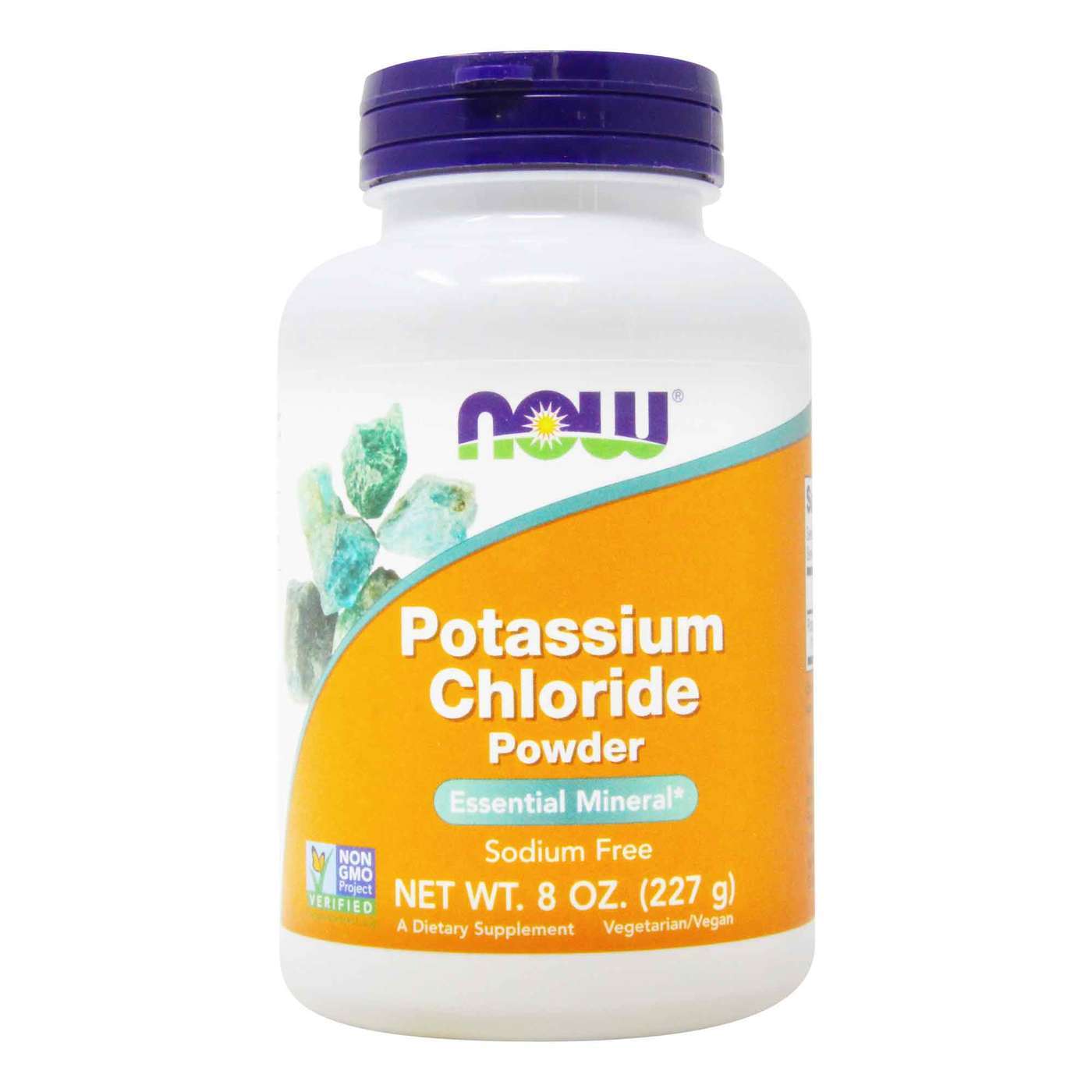
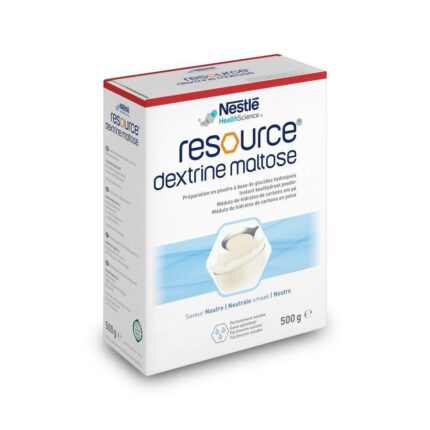
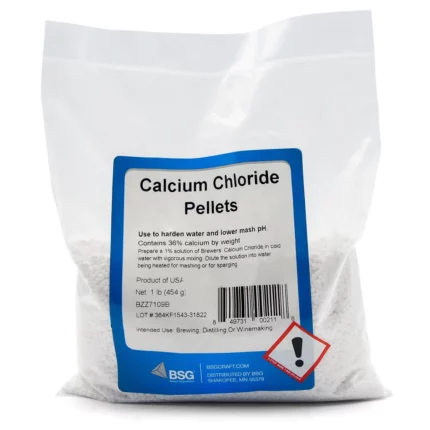
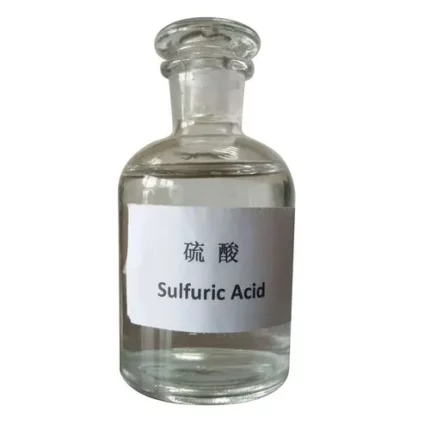
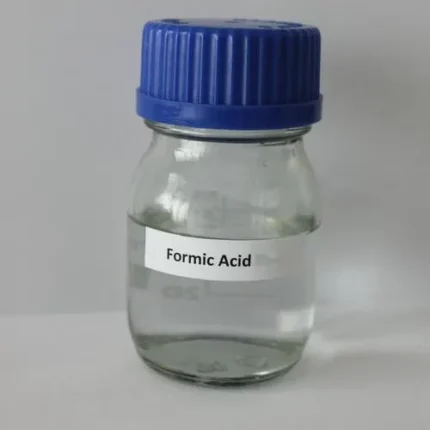
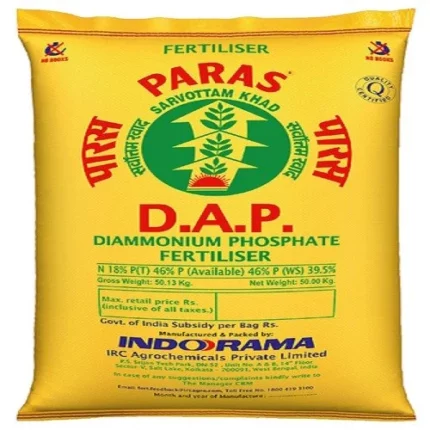
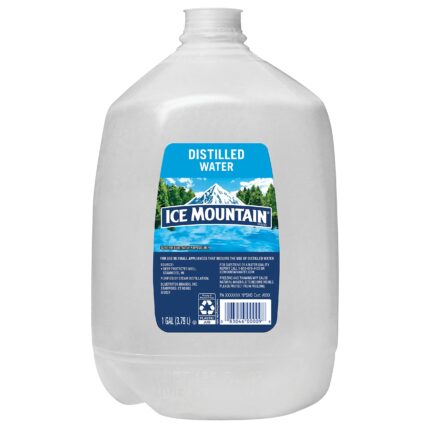
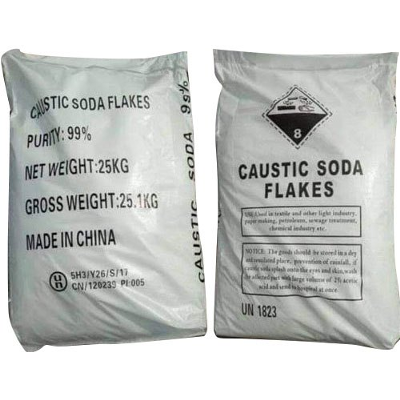

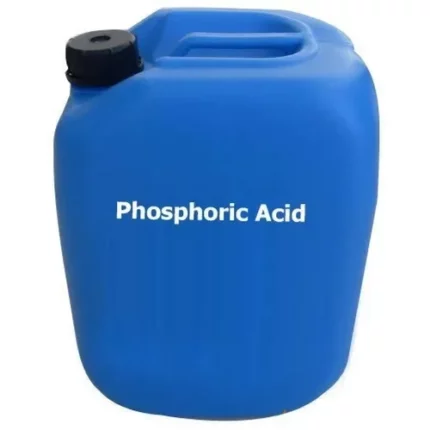
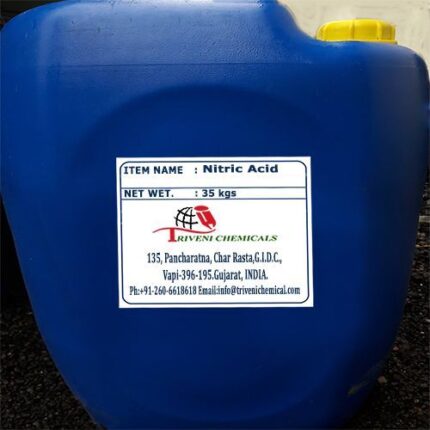
Reviews
There are no reviews yet.